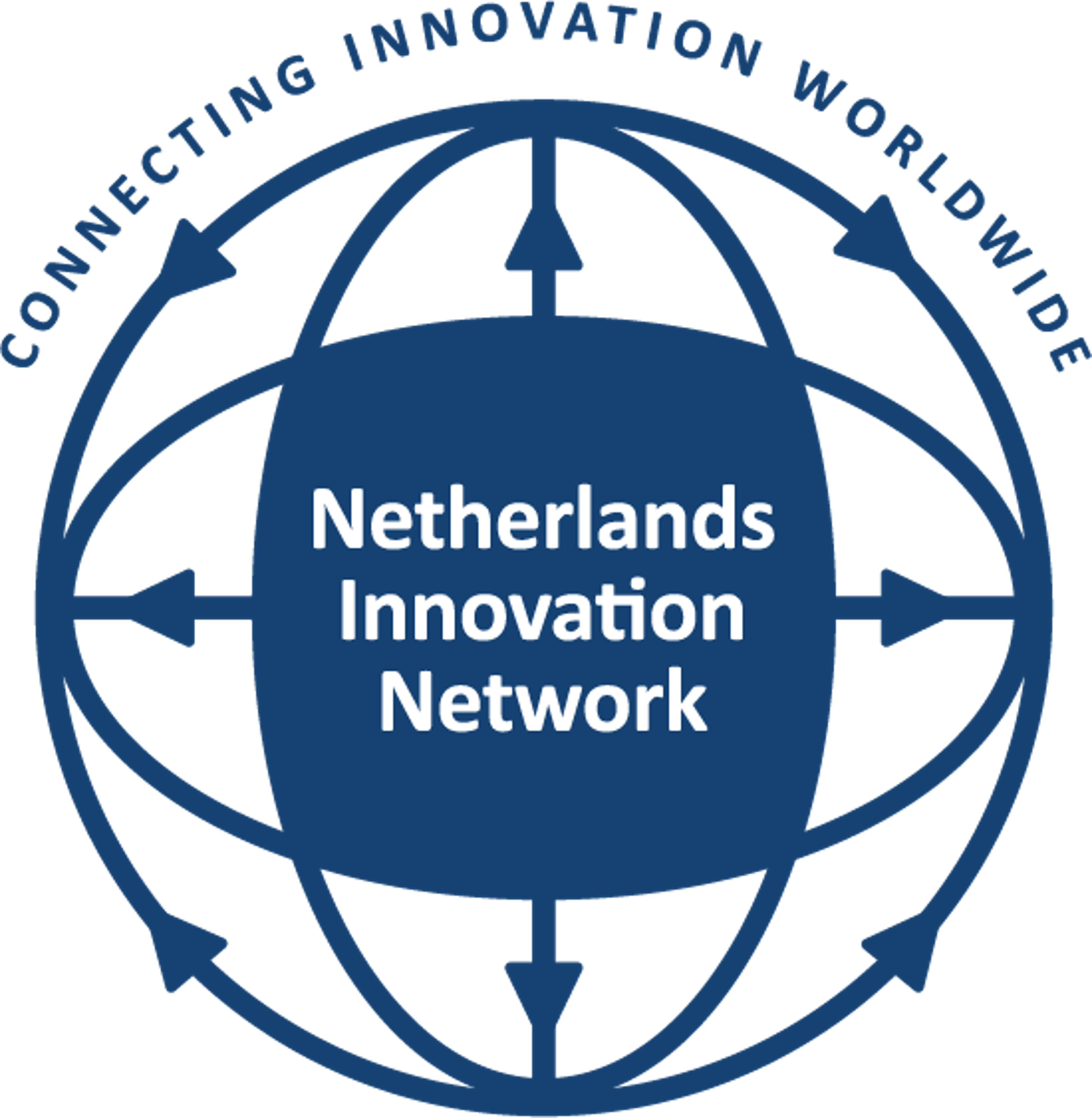On Thursday May 29, NOST Shanghai hosted a Bioclouds seminar at the Consulate-General of the Kingdom of the Netherlands in Shanghai, on the subject “Limitations and possibilities for firms to work with Chinese academic institutes”. This meeting was organized in order to introduce the study towards academic excellence and potential for partnerships with the industry in Shanghai, carried out by NOST Shanghai. Professionals from the life-science industry were welcomed to present their practices and experiences regarding this subject. Also, attendees discussed the rapidly developing landscape of academic activities in China, to which extent commercial policies play a role, and the different strategies that are applied to attract collaborators.
The seminar attracted 18 attendees from different fields and disciplines, having governmental, academic, SME or MNC backgrounds. Annemieke Zuurman presented the NOST study mentioned before, and Laure Pallez (Institut Pasteur Shanghai, IPS), Lin Tang (iHuman, Shanghai Tech University) and Mason Wang (Unilever) presented their views on academic-industrial partnerships. A recurrent theme was how to deal with commercial interests in the outcome of projects. Interestingly, IP sharing seems an option for an academic incubator like IPS, while MNCs prefer not to share: if their academic partner will obtain IP rights at all, IPs are split.
All parties agreed on the necessity of academic-industrial partnering. Partnering combines a great knowledge base and the potential for open innovation, and likely increases the impact of papers and products that derive from such partnerships. Experiences from all presenters were positive, both from academic as well as industrial perspective. Issues that may arise–such as uncertainty about the fate of IP, have not lead to concerns, due to clear project planning and management. A benefit for all parties is extended knowledge and access to talents outside their own institutions.
The session closed with a Q&A session, with a clear focus on optimizing the network that enables successful innovation via academic-industrial partnerships. The role of venture capital, guided (and supported) by public funds, was mentioned as a measure to support early-stage innovation and to force the industry to keep investing in fresh ideas.

